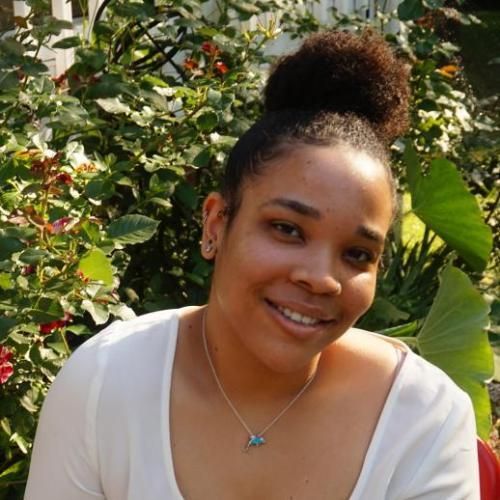Overview
Anjali Boyd is a marine ecologist, educator, entrepreneur, and native of Durham NC. In 2020, she began her PhD in the Nicholas School of the Environment in the Marine Science and Conservation program as a member of the Silliman Lab. Anjali has studied and conducted research at the most respected institutions in her discipline (e.g. National Oceanic and Atmospheric Administration (NOAA), Scripps Institute of Oceanography) and has been awarded over 25 awards and scholarships. Her work and expertise extends far beyond her scientific contribution, as she consistently advocates for and works to improve K-12 STEM education and Diversity, Equity, and Inclusion (DEI) in STEM and Environmental Conservation fields.
Anjali's efforts and energies are leveraged toward working to ensure she is a scientist that thrives in research settings, has strong scientific writing and communication skills that extend beyond the academic community, develops innovative ecosystem restoration techniques, opens doors to others to know and love scientific research, and creates safe, welcoming spaces for underrepresented groups in marine science.
Anjali's efforts and energies are leveraged toward working to ensure she is a scientist that thrives in research settings, has strong scientific writing and communication skills that extend beyond the academic community, develops innovative ecosystem restoration techniques, opens doors to others to know and love scientific research, and creates safe, welcoming spaces for underrepresented groups in marine science.


